Cambridge IELTS 13 Academic Student’s Book : Practice Tests with Expert Answers & Audio CD
7 min read
Updated On
-
Copy link
Unlock your potential to achieve a band 8+ with Cambridge IELTS 13 Academic Student’s Book where you can attempt four practice tests, expert answers, audio CD, and learn the strategies to boost your confidence for the IELTS Academic exam.
Table of Contents
- What Does Cambridge IELTS 13 Academic Student’s Book Contain?
- Tricks to Use Cambridge IELTS 13 Academic Student’s Book for Achieving a Band 8+
- How to Score in Practice Tests from Cambridge IELTS 13 Academic Student’s Book?
- Sample Unit from Cambridge IELTS 13 Academic Student’s Book
- Get the Cambridge IELTS 13 Academic Student’s Book

Limited-Time Offer : Access a FREE 10-Day IELTS Study Plan!
Cambridge IELTS 13 Academic Student’s Book contains four authentic four complete tests for Academic Reading, Listening, and Writing tasks. The Student’s Book with answers allows you to familiarise yourself with the IELTS Exam and provides you with practice examination techniques using authentic tests. However, remember that you need to utilize a few strategies so that you can use the book to practice diligently.
With expert-level answers for the practice questions in Cambridge IELTS 13 Academic Student’s Book, you will enhance your skills and build confidence. By indulging yourself with a study plan, you will improve your progress and achieve a band 8+.
So, why wait? Let’s check out the main features and strategies to prepare with Cambridge IELTS 13 Academic Student’s Book!
Join IELTS Online Classes with our IELTS experts to learn more tips and techniques for your IELTS exam!
What Does Cambridge IELTS 13 Academic Student’s Book Contain?
An introduction to the different modules is included in the book, along with an explanation of the scoring system used by Cambridge Assessment English. There is also a comprehensive section of answers and tapescripts found at the back of the book. Audio CDs containing the material for the Listening Tests, and a Student’s Book with answers with downloadable Audio are sold separately. Below are the key features of Cambridge IELTS 13 Academic Student’s Book:
- Introduction
- Test 1
- Test 2
- Test 3
- Test 4
- Audio scripts
- Listening and Reading Answer Keys
- Sample answers for Writing tasks
- Sample answer sheets
- Acknowledgements
This book is ideal for you since it provides an opportunity to do a focused study. Since the practice tests mirror the actual exam environment, you will become familiar with the IELTS Exam Pattern 2025. You will get to attempt a wider range of topics which will develop your skills for achieving a band score of 8+.
Book a Free DEMO with us to know the secrets to band 8+ in your IELTS exam!
Tricks to Use Cambridge IELTS 13 Academic Student’s Book for Achieving a Band 8+
With targeted study and time practice, you will be able to attempt questions in Cambridge IELTS 13 Academic Student’s Book. To achieve a higher IELTS Band Score, you need to use a few tricks to practice different questions from the modules. Let’s check some of the strategies which you can use :
- First, focus on understanding the different types of questions, which will help you note the specific strategies to be used in each question type.
- As you attempt the Listening section, sit in a quiet environment so that you can focus on the audio. Stick to the timing for each section, where you must not pause the audio CD in the middle.
- Assess your current level so that you can continue to understand the areas where you need to improve.
- Note the different sentence structures from IELTS Grammar so that you can use the same in different writing tasks and speaking answers.
- Take time to attempt the tests and keep a few days in between where you can focus on improving your skills. Therefore, try not to attempt all practice tests together.
- As you look at the Expert Answers, try to analyze why you assumed the answer or what factors to include so that you can improve your responses.
- Note the different IELTS Vocabulary words so that you can use them in your answers for the writing and speaking modules.
- Practice skimming and scanning techniques in reading module so that you can spot where the information is.
- In the Writing section, focus on the structure and cohesion of your answers where the ideas must be coherent.
- Record yourself speaking and listen back to your recording while analyzing the expert answers.
Improve yourself with the Cambridge Advanced Learner’s Dictionary (4th edition) and ace the IELTS exam.
How to Score in Practice Tests from Cambridge IELTS 13 Academic Student’s Book?
The Practice Tests in Cambridge IELTS 13 Academic Student’s Book have been checked to ensure that they are of approximately the same level of difficulty as the real IELTS test. However, you need to prepare yourself so that your band scores can be improved over time. The Practice Tests along with the Expert Answers can only give you an idea of your possible future performance and show you the areas on which you should improve on.
The Answer Keys are on pages 118–125. Each question in the Listening and Reading tests is worth one mark. Since there is no negative marking in the exam, you need to attempt all questions. However, you must first understand how you can follow instructions to score well in the practice tests. Below are some of the ways which you can use to score a higher band score.
- For questions where the answers are letters or Roman numerals, you should write only the exact number of answers required. For example, if the answer is a single letter or numeral, you should write only one answer. If you have written more letters or numerals than required, the answer will be marked wrong.
- Answers may be written in upper or lower case.
- Words in brackets are optional which are correct, but not necessary.
- Alternative answers are separated by a slash (/). But remember that you must only give one answer and not with options since it might not be considered correct.
- If you are asked to write an answer using a certain number of words and/or (a) number(s), you will be penalized if you exceed this. For example, if a question specifies an answer using NO MORE THAN THREE WORDS and the correct answer is ‘black leather coat’, the answer ‘coat of black leather’ is incorrect.
- In questions where you are expected to complete a gap, you should only transfer the necessary missing word(s) onto the answer sheet. For example, to complete ‘in the …’, where the correct answer is ‘morning’, the answer ‘in the morning’ would be incorrect.
- All answers require correct spelling.
- Both US and UK spellings are acceptable which are also included in the Answer Key.
- All standard alternatives for numbers, dates, and currencies are acceptable.
- All standard abbreviations are acceptable.
- You will find additional notes about individual answers in the Answer Key.
- Writing sample answers are on pages 126–135. It is not possible for you to give yourself a mark for the Writing tasks. Therefore, the sample answers which are provided, show the candidate’s score and the examiner’s comments. These sample answers will give you an insight into what is required for the Writing test.
Sample Unit from Cambridge IELTS 13 Academic Student’s Book
In Cambridge IELTS 13 Academic Student’s Book, you will get an opportunity to prepare for all the sections. These practice tests with expert answers would help you compare your responses and understand how to elevate your preparation. To enhance your skills, always attempt the questions before you move on with the expert answers so that you would get an idea how you are performing. Below is a sample unit from the book.
Part 1
The examiner asks the candidate about him/herself, his/her home, work or studies, and other familiar topics in the IELTS Speaking Part 1.
Example : Television programs
- Where do you usually watch TV programs/shows? [Why?/Why not?]
- What’s your favorite TV program/show? [Why?]
- Are there any programs/shows you don’t like watching? [Why?/Why not?]
- Do you think you will watch more TV or fewer TV programs/shows in the future? [Why?/Why not?]
Part 2
You will receive a task card in IELTS Speaking Part 2 that asks you to explain a situation or a topic. There will then be three to four questions on the topic, such as the one below.
Describe someone you know who has started a business.
You should say :
- who this person is
- what work this person does
- why this person decided to start a business
- and explain whether you would like to do the same kind of work as this person.
You will have to talk about the topic for one to two minutes. You have one minute to think about what you are going to say. You can make some notes to help you if you wish.
Part 3
Look at the IELTS Speaking Part 3 questions below and develop your own sample answers.
Discussion topics :
Choosing work – Example questions :
- What kinds of jobs do young people not want to do in your country?
- Who is best at advising young people about choosing a job: teachers or parents?
- Is money always the most important thing when choosing a job?
Work-Life balance – Example questions :
- Do you agree that many people nowadays are under pressure to work longer hours and take less holidays?
- What impact do people with a poor work-life balance, have on society?
- Could you recommend some effective strategies for governments and employers to ensure people have a good work-life balance?
Get the Cambridge IELTS 13 Academic Student’s Book
Now, it’s time to check where you can get Cambridge IELTS 13 Academic Student’s Book and level up your IELTS preparation. However, remember to have a strategic plan so that you can focus on all the four modules. Below is the link which you can click and get the book to start attempting the practice tests.
Utilizing resources such as Cambridge IELTS 13 Academic Student’s Book can take you one step forward towards success. You will get a realistic feel of the exam environment as you attempt the practice tests with expert answers and audio CD. With consistent practice, this book would help you build confidence for the exam day. So, start attempting the practice tests and gradually boost your IELTS skills.
Also Check:
Frequently Asked Questions
Is ‘Cambridge IELTS 13’ for Academic or General module?
What does the book ‘Cambridge IELTS 13’ contain?
Are the practice tests of the book ‘Cambridge IELTS 13’ on par with the real IELTS exam?
How far does the practice tests in the book ‘Cambridge IELTS 13’ help?
How does the book ‘Cambridge IELTS 13’ help in the writing section of IELTS?

Start Preparing for IELTS: Get Your 10-Day Study Plan Today!
Check out other Academic eBooks
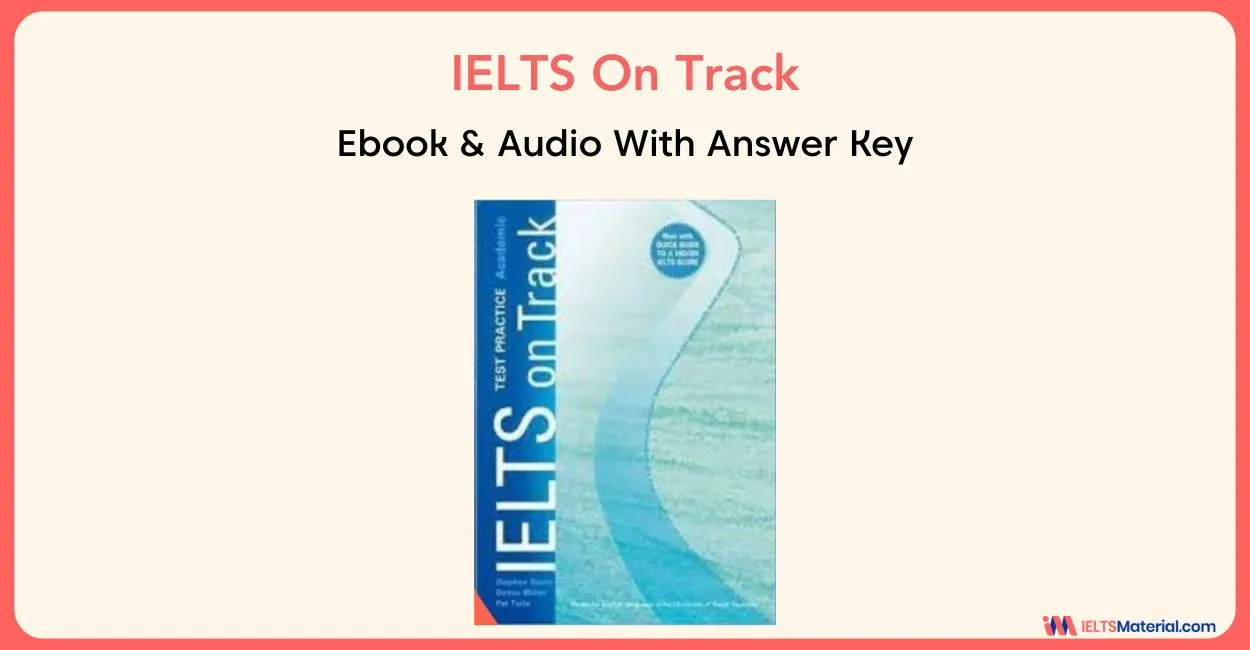
Nehasri Ravishenbagam

Prity Mallick
Recent Articles

Prity Mallick
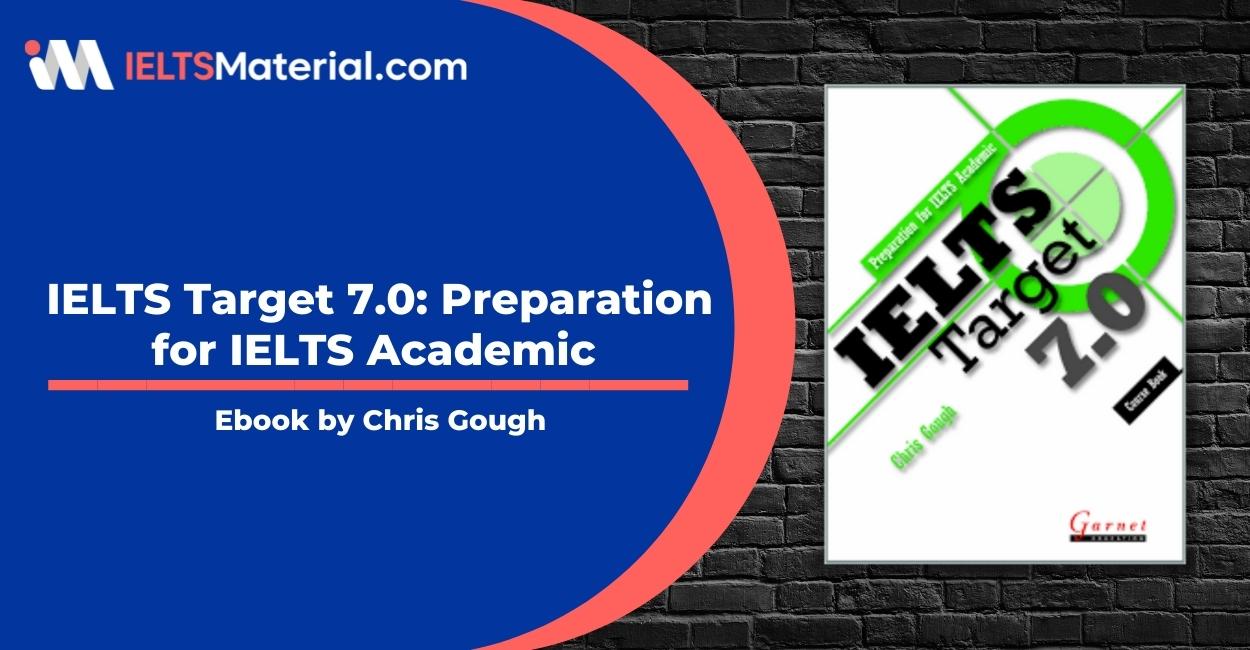
Kasturika Samanta


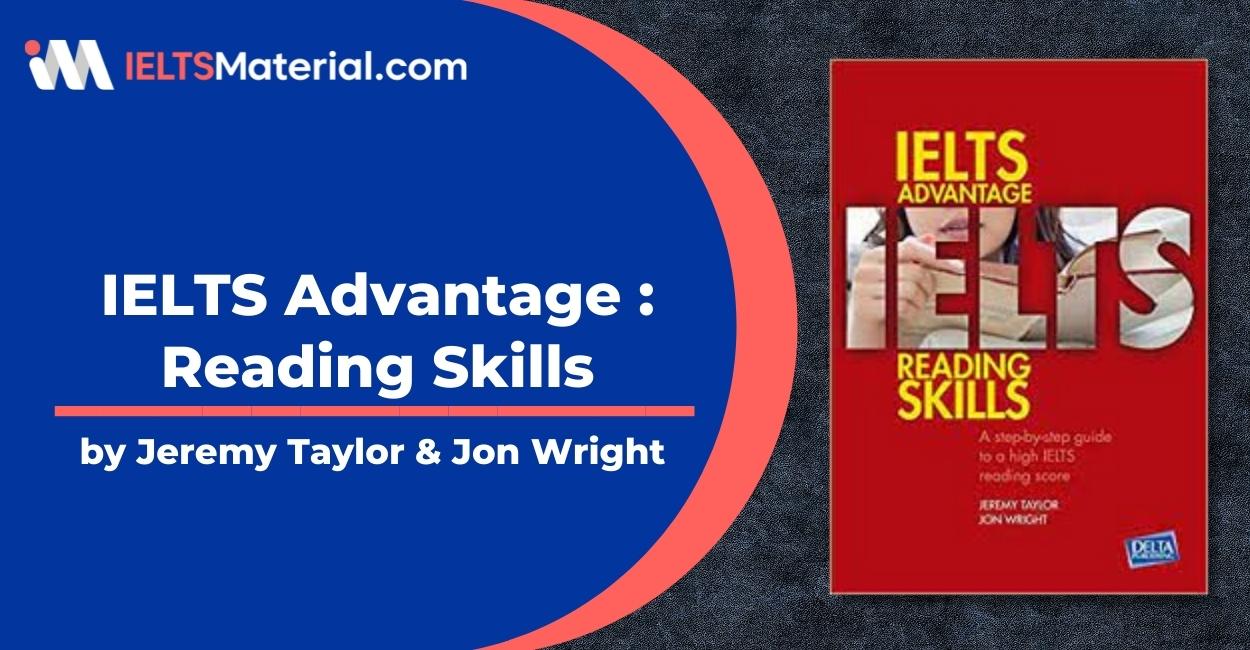
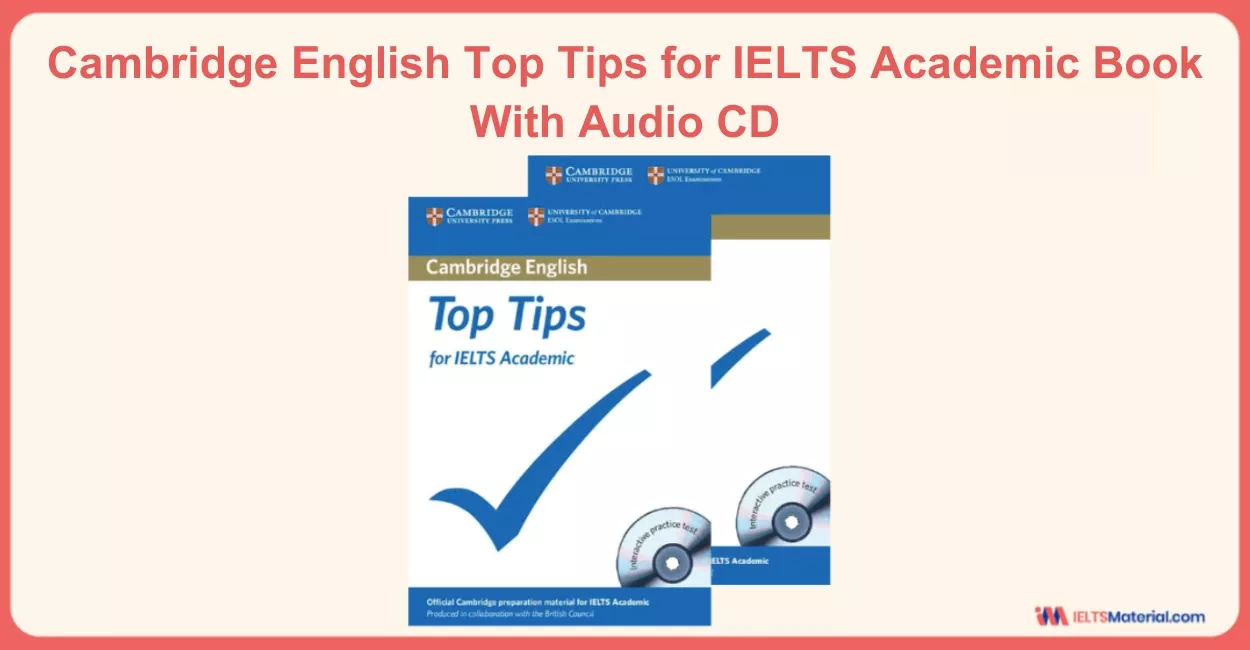
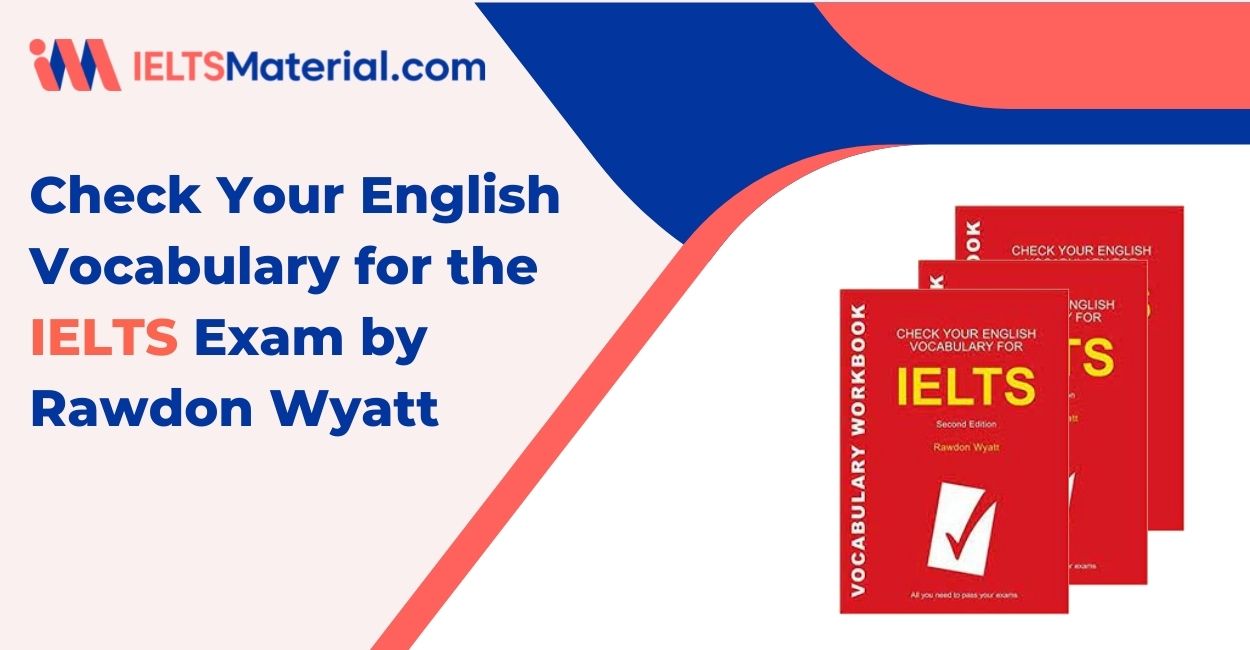


Post your Comments
35 Comments